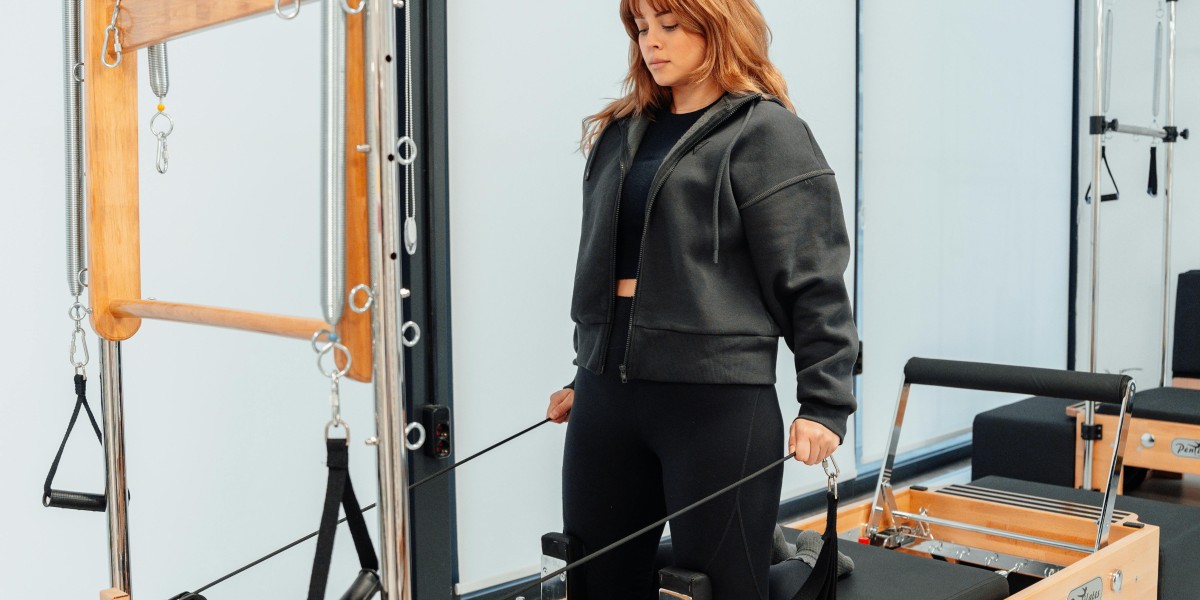In our fast-paced world, maintaining physical health is crucial for overall well-being and quality of life. With the right balance of diet, exercise, and lifestyle habits, you can achieve and sustain optimal health. This ultimate guide will explore the essential components of physical health and provide practical tips to help you incorporate these elements into your daily routine.
Understanding Physical Health
Physical health refers to the well-being of your body, encompassing a range of factors including cardiovascular fitness, muscle strength, flexibility, and body composition. Achieving and maintaining good physical health involves a combination of proper nutrition, regular physical activity, and healthy lifestyle choices.
The Role of Diet in Physical Health
Diet is a cornerstone of maintain physical health. What you eat affects not only your body composition but also your energy levels, mood, and overall health. Here’s a breakdown of how to approach your diet for optimal health:
1. Balanced Nutrition
A balanced diet includes a variety of foods that provide essential nutrients your body needs. Focus on incorporating:
Rich in vitamins, minerals, and antioxidants, they support immune function and reduce inflammation.
Sources like chicken, fish, tofu, and legumes help build and repair tissues.
Foods such as brown rice, oats, and whole wheat provide energy and fiber, aiding digestion.
Include sources like avocados, nuts, and olive oil to support brain health and hormone production.
2. Hydration
Water is vital for all bodily functions, including digestion, temperature regulation, and nutrient transportation. Aim to drink at least 8 cups of water a day, and adjust your intake based on activity level and climate.
3. Portion Control and Moderation
Even healthy foods can contribute to weight gain if consumed in excess. Pay attention to portion sizes and practice moderation, especially with high-calorie foods and sugary beverages.
Exercise: The Key to Physical Fitness
Regular physical activity is essential for maintaining cardiovascular health, muscle strength, and flexibility. Incorporate the following types of exercise into your routine:
1. Cardiovascular Exercise
Cardio workouts, such as running, cycling, and swimming, improve heart health and endurance. Aim for at least 150 minutes of moderate-intensity cardio or 75 minutes of vigorous-intensity cardio per week.
2. Strength Training
Strength training, including weight lifting or bodyweight exercises, helps build muscle mass and increase metabolism. Include strength training exercises at least two days a week, targeting major muscle groups.
3. Flexibility and Mobility
Incorporate activities like stretching, yoga, or Pilates to enhance flexibility and joint mobility. These exercises can prevent injuries and improve overall movement quality.
4. Active Lifestyle
Beyond structured workouts, look for opportunities to stay active throughout the day. Consider walking or biking for short trips, taking the stairs, or engaging in recreational activities that you enjoy.
Lifestyle Factors That Affect Physical Health
Your lifestyle choices play a significant role in your overall physical health. Addressing these factors can help you maintain wellness and prevent health issues:
1. Sleep
Adequate sleep is crucial for physical health. Aim for 7-9 hours of quality sleep per night to support recovery, cognitive function, and emotional well-being. Create a restful environment and establish a consistent sleep schedule.
2. Stress Management
Chronic stress can negatively impact your health, leading to issues like high blood pressure and weakened immune function. Practice stress management techniques such as mindfulness, meditation, deep breathing exercises, or engaging in hobbies.
3. Avoiding Harmful Substances
Minimize or eliminate the consumption of harmful substances such as tobacco, excessive alcohol, and recreational drugs. These substances can have detrimental effects on your health and overall well-being.
4. Regular Health Check-ups
Regular medical check-ups and screenings are essential for early detection and prevention of health issues. Stay up-to-date with recommended screenings and consult with healthcare professionals for personalized advice.
Creating a Sustainable Health Routine
Adopting a healthy lifestyle is a long-term commitment that requires consistency and flexibility. Here are some tips for creating a sustainable health routine:
1. Set Realistic Goals
Set achievable health goals that align with your personal preferences and lifestyle. Whether it's improving your diet, increasing your exercise frequency, or managing stress, start with small, manageable changes and gradually build upon them.
2. Build Healthy Habits Gradually
Rather than making drastic changes, incorporate new habits gradually. For example, start by adding one serving of vegetables to your meals or taking a short walk each day. Gradual changes are more likely to become lasting habits.
3. Stay Accountable
Track your progress and stay accountable by using apps, journals, or working with a health coach. Sharing your goals with friends or family can also provide motivation and support.
4. Be Adaptable
Life is unpredictable, and there will be times when your routine is disrupted. Be flexible and adapt your plan as needed, without losing sight of your overall health goals.
Conclusion
Maintaining physical health involves a holistic approach that integrates diet, exercise, and lifestyle choices. By focusing on balanced nutrition, regular physical activity, and healthy lifestyle habits, you can enhance your well-being and achieve long-term health benefits. Remember that health is a journey, not a destination, and small, consistent efforts can lead to significant improvements in your overall quality of life.






